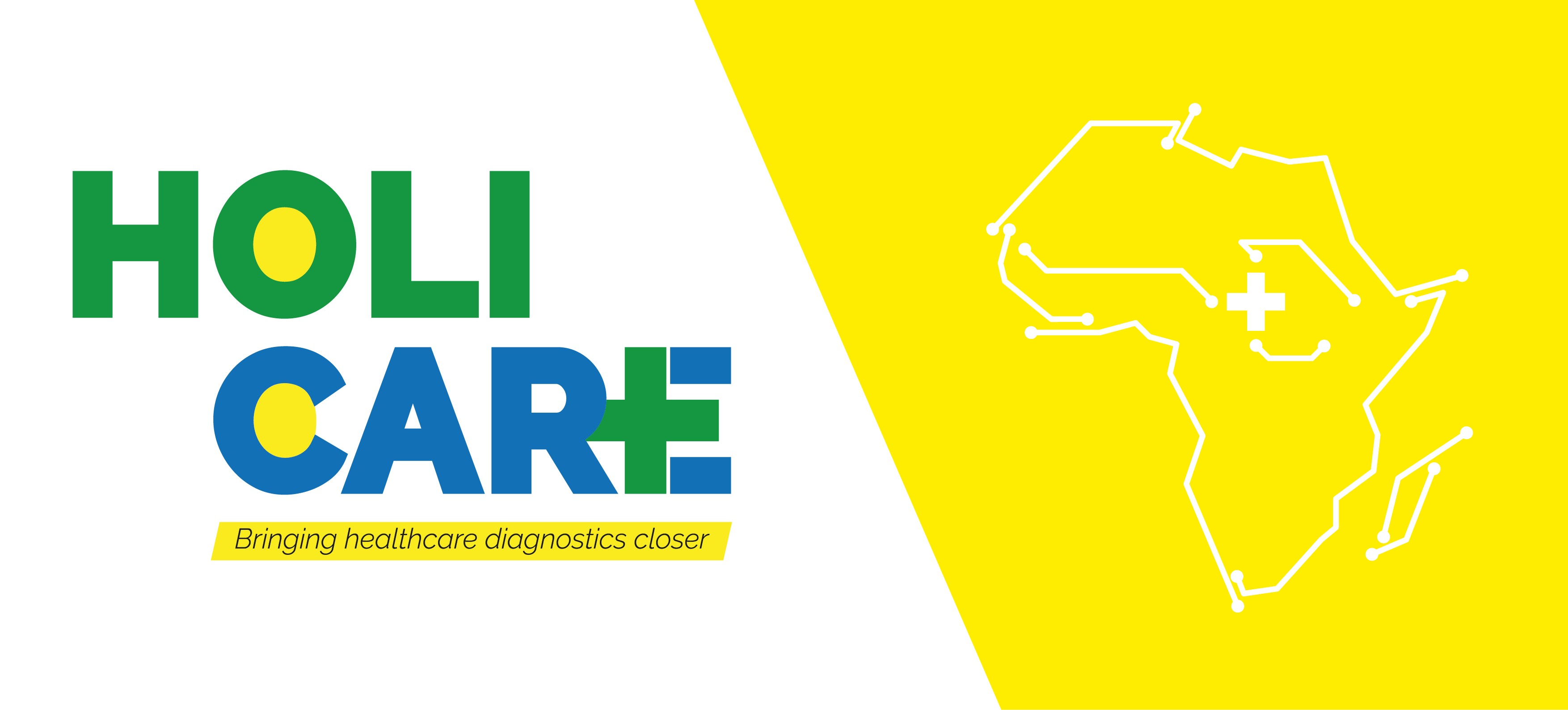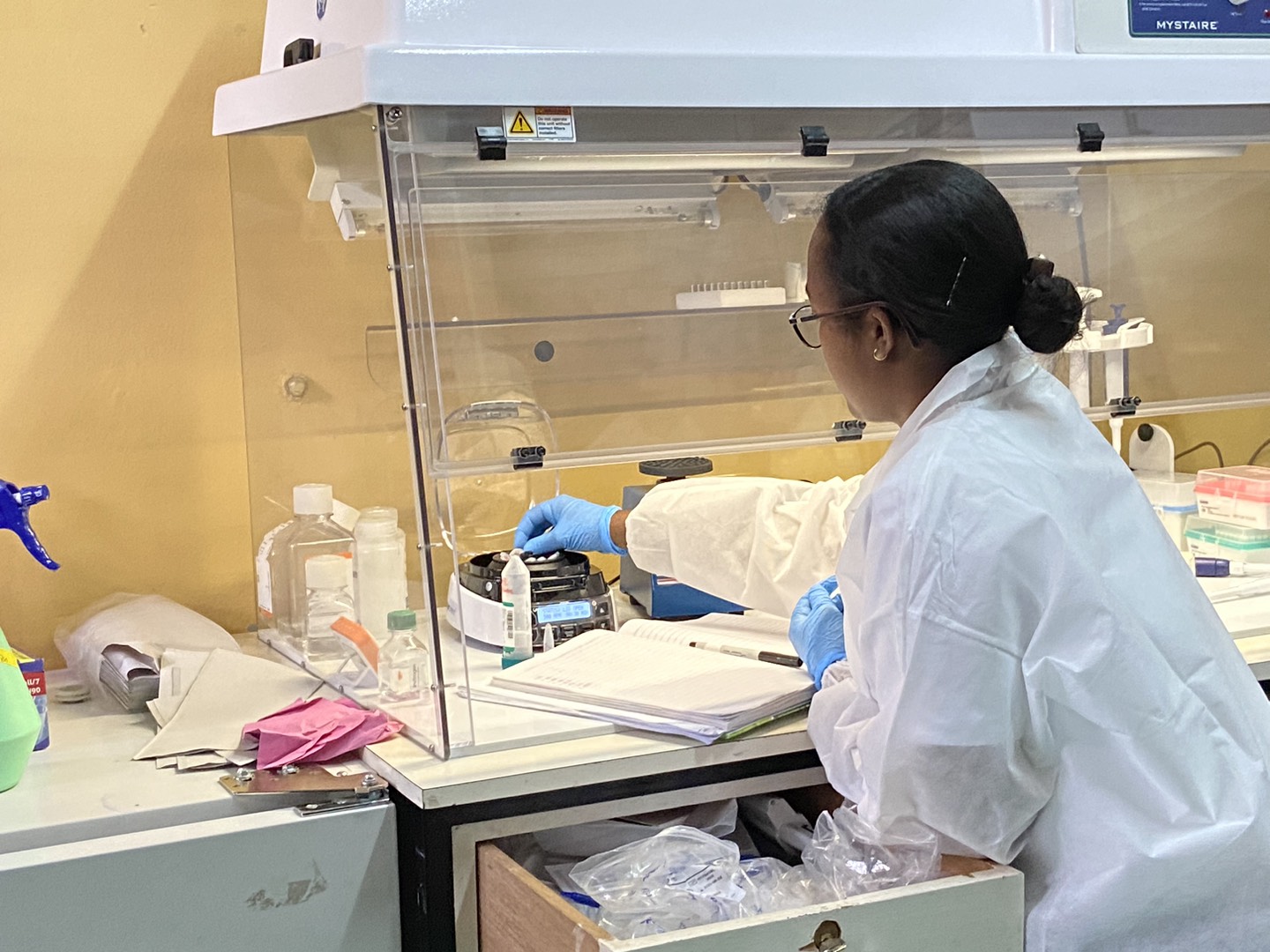Digital Healh and Well-being
Target 3.8 Achieve universal health coverage, including financial risk protection, access to quality essential health-care services and access to safe, effective, quality and affordable essential medicines and vaccines for all.
Digital health plays a pivotal role in achieving Sustainable Development Goal 3, which aims to ensure healthy lives and promote well-being for all. Its significance lies in its capacity to overcome barriers to healthcare access, enhance efficiency, and improve healthcare outcomes globally. By building a systems based approach to health systems strengthening and by leveraging technology, digital health facilitates remote access to healthcare services, especially in underserved or remote areas, addressing the inequality in healthcare access.
Through telemedicine and mobile health apps, digital health enables timely consultations, diagnosis, and treatment, reducing the burden on overburdened healthcare systems and minimizing the need for physical visits. Moreover, it empowers individuals with health information, encouraging proactive healthcare management and preventive measures.
Additionally, digital health solutions streamline data collection, analysis, and management, supporting better decision-making for policymakers and healthcare providers. This data-driven approach aids in tracking disease outbreaks, understanding health trends, and allocating resources efficiently.
Ultimately, by integrating digital health solutions into healthcare systems, SDG 3’s objectives of reducing maternal mortality, combating diseases, ensuring universal health coverage, and promoting well-being can be realized more effectively, leading to healthier communities worldwide.
SPIDER also endorses the Digital Investment Principles, and the Principles for Digital Development which are essential for all digital health programmes.
How SPIDER strengthens digital health systems
SPIDER works with health projects by always looking at the systems at play in delivering relevant services, gathering quality data, protecting people from privacy breaches, and supporting the building of strong institutions that can plan, budget, and deliver medical services to the people.
We understand that health workers are key in ensuring patients’ good health and well-being. Developing solutions that align well with the workflow and demands placed on health workers is therefore paramount.
SPIDER also takes its role in developing global standards and principles extremely serious. The digitalisation of health systems must support national plans, be appropriate for the digital maturity of the countries and regions, and be ajusted to the context of each setting. In 2018 we were proud to work shoulder to shoulder with many major funders in developing the Digital Investment Principles which emphasise the importance of funding community to take accountability for understanding digital investment into health sectors, but also reaffirm the committment to the Principles for Digital Development.
HADDA
SPIDER started coordinating the HADDA (meaning ‘NOW’ in Somali) programme in 2020. The programme is carried out in partnership with the Federal Ministry of Health, Somalia and includes three federal states: Benaadir, Galmudug, and Puntland. The project aims to ultimately lead to better Maternal and Child Health outcomes in the country.
DANCCE
SPIDER started coordinating cervical cancer projects in 2016 when it launched a baseline study effort in three African countries; Kenya, Rwanda and Zambia. Today the initiative has grown into a robust efforts across Africa in mapping digital tools, licenced products and national implementation that will end cervical cancer as a public health threat in Sub-Saharan Africa.
HoliCare
SPIDER is part of a multi stakeolder initiative that approaches lower respiratory infestions with scientific rigour and innovation. Challenges include responses to diagnostics, treatment and prevention and together with partners in Africa and the European Unition the programme is making strides towards its goal.
Latest updates from SPIDER's Digital Health Programme
Holicare: Upcoming events in 2024
Holicare Academy hold knowledge transfer sessions about lower respiratory tract infections - diagnostics. These are the upcoming events for 2024.
Connecting for Health: The role of Connect Somalia
Connect Somalia serves as a bridge, connecting the diaspora with healthcare needs in Somalia Why Diaspora Matters Throughout history, diaspora has played an important role in shaping the destinies of nations. Serving as a pool of diverse skills, resources and untapped potential, the diaspora’s influential presence goes beyond borders. In…
Digital Health coordination in the HADDA programme in Somalia
The collaborative efforts led by the TCC aim to transform the digital health landscape in Somalia, promoting effective coordination, ownership, and sustainability. The Role of the Technical Coordination Committee (TCC) in the HADDA Programme Over the past decade, the Ministry of Health of Somalia has been increasingly integrating technology into…
HoliCare in Addis Abeba
The HoliCare Diagnostics project team gathered in Addis Abeba on the last week of October 2023 to hold the annual meeting and engage in hands-on project work. SPIDER, from the Department of Computer and Systems Sciences at Stockholm University co-ordinated the workshop with Armauer Hansen Research Insitute in Addis Abeba.…
Mapping cervical cancer efforts is underway
UNITED AGAINST CERVICAL CANCER The Kenyan Network of Cancer Organisations (KENCO) received SPIDER grants to undertake an essential mapping of 15 African countries and thereby creating a resource for these countries to have overview of the digital projects, products and research that could be coordinated for the elimination of Cervical…
Explore SPIDER’s work for the Sustainable Development Goals
Gender Equality and Equity
SPIDER works with gender equity throughout all its projects in minor or major ways. An intesectional lense is applied.
ICT Policy is essential for digital solitions
It is not enough to have access to digital services and infrastructure, consumer rights are at the heart of digital service provision that is inclusive.
Digital for monitoring environmental change
It is argued that climate change affects the poor more than the rich, so how can we monitor and react to change this?
F.A.Q.
Since the COVID-19 pandemic, there are few people in the world who have not experienced the need for health systems to embed digital solutions and systems for public health. But what do the concepts used mean and what would SPIDER like to achieve within the health sectors of the world?
What is meant by "Digital Health & Well-being"?
Digital health refers to using technology for healthcare, improving services, and enhancing patient well-being. These solutions can be for spreading of health information, for prevention campaigns, diagnostics, treatment adherence, psychosocial support or palliative care services. They may also collect valuable data that has the power to inform Ministries of Health or key health care providers or patients themselves.
How does Telemedicine work?
Telemedicine allows remote consultations and monitoring through video calls or messaging, connecting patients with healthcare providers.
What challenges does Digital Health face?
Challenges involve interoperability, regulations, digital literacy, equitable access, and addressing biases in AI-driven healthcare. SPIDER is part of global forums on digital health to help address these challenges and ensure that the perspectives are intersectional and representative of the communities they are applied in.
What are the benefits of Digital Health?
Highlighting advantages such as improved access to healthcare, convenience, better patient engagement, personalized care, and enhanced efficiency in healthcare delivery
What would SPIDER want to do within Digital Health?
Health and well-being has been apart of SPIDER programming since the organisation’s establishment and we have since then been able to support local experts, health workers and Ministries of Health to take key steps to realise Universal Health Access steps and the realisation of health goals set out in the Sustainable Development Goals. But SPIDER would like to work with more funders to align and coordinate international and national initiatives that aim to create equity in health. We want to ensure that duplication is avoided, that the sector is not just hyped, but delivers the necessary outcomes for us all to live in healthy and prosperous communities.





